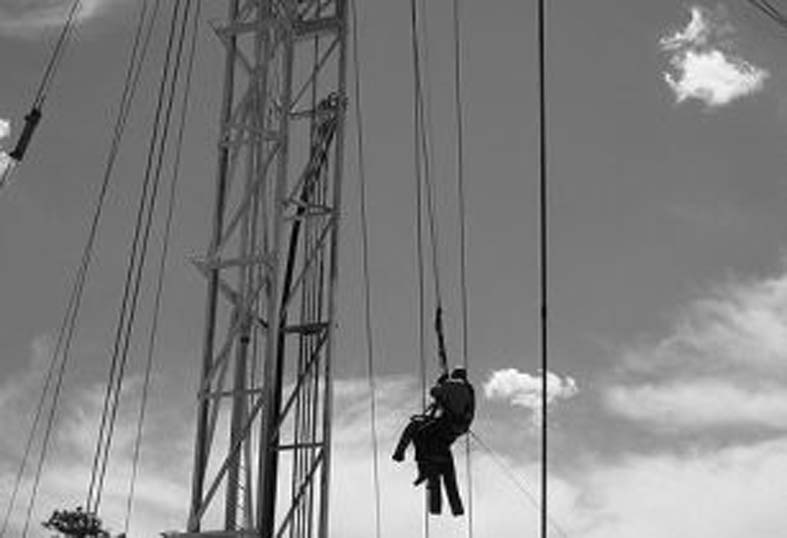A significant change in the way the global oil and gas workforce can undertake safety-critical emergency response training was unveiled on November 16th at a global gathering of industry leaders
Recognising the adjustments the sector has undergone in terms of size and structure as it seeks to remain efficient in the lower oil price era, the creation of digital safety and training standards is a long-term, demand-led initiative to create a change in workforce training through technology-driven innovation.
Delivered by the industry-owned, not-for-profit safety and workforce development organisation OPITO, the digital standards integration addresses the industry’s call for regulated, consistent online learning with industry-leading credibility and compliance. OPITO standards have been adopted by major oil and gas companies in over 45 countries. Over 250,000 people per year train to OPITO standards across the globe.
“What we have done in the past may not be appropriate for the workforce of the future. The oil and gas industry is facing challenges like never before and a paradigm shift is already underway where smart businesses know there is opportunity in reinvention,” said OPITO Group chief executive David Doig.
“As an industry we must change the way we think about how we set standards, train people and assess competence. Critical to the market and sought by a number of major employers, the inclusion of a digital element in the training offering will drive real efficiency in oil and gas industry workforce training.
“Providing an alternative to the traditional classroom-based element of the standard for the first time, it will enhance safety and give time back to workers, employers and training organisations through increased flexibility. Funded through OPITO, this investment by industry for industry, will be available on an opt-in basis but is being introduced now to enable a fundamental learning choice for new generations of entrants going forward into the oil and gas sector.”
The introduction digital standards have been unanimously supported by oil and gas employers across the Americas, Africa, Asia Pacific, the Middle East, UK and Europe.






